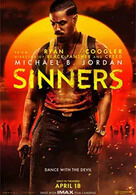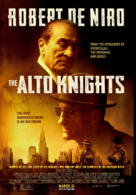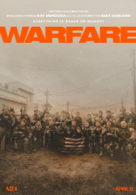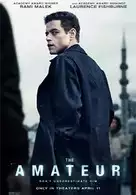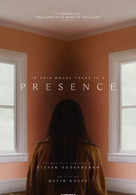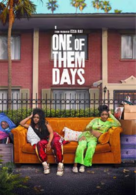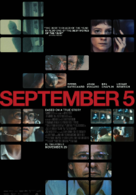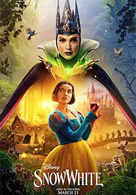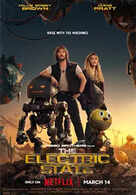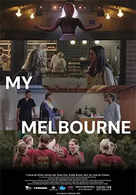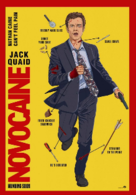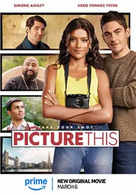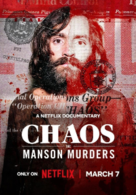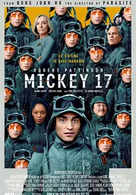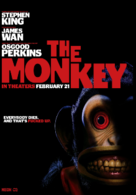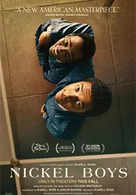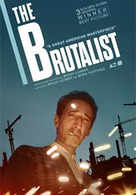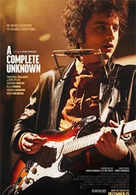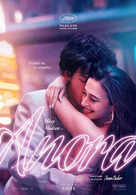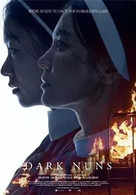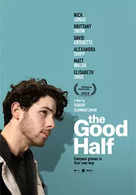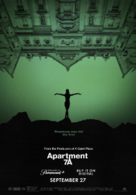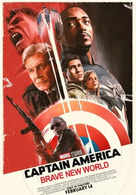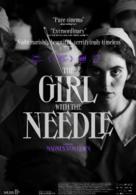Jaat Movie Review: Brutal, Bloody, and Built for Deol Fans
Jaat Movie Review: Critics Rating: 3.0 stars, click to give your rating/review,Jaat delivers exactly what it promises: a nostalgia-fueled action drama powered by its male leads an

Critic's Rating: 3.0/5
Story: In a remote coastal village, ruthless criminal Ranatunga rules by fear. When a mysterious stranger confronts his men, he uncovers the villagers’ torment. Determined to end the tyranny, he takes a stand—can he bring justice to the oppressed?
Review: Gopichand Malineni’s , marking his Hindi directorial debut, is an unabashedly loud, hero-driven spectacle that aims to marry the exaggerated swagger of South Indian action with North Indian machismo. The result is a film that offers moments of undeniable impact but ultimately plays too safely within the confines of well-worn formulas.
With a title steeped in cultural pride and defiance, wears its identity on its sleeve. It’s clearly designed as a star vehicle for Sunny Deol, putting him front and center in a role that brings back his signature style—loud one-liners, heavy action scenes, and a larger-than-life masculinity straight out of the 90s. To its credit, the film doesn’t shy away from this tone and fully commits to the old-school action formula, even if it feels dated at times.
The plot unfolds in a coastal village ruled by the iron hand of Ranatunga (a chilling Randeep Hooda), whose tyranny sets the stage for a classic messiah narrative. A lone drifter—Deol’s Jaat—arrives, bears witness to the injustices, and predictably becomes the avenging force. While the premise holds promise, it’s the execution that falters. The film leans heavily on tropes—blood-soaked revenge arcs, slow-mo punches, and sermon-heavy dialogues—leaving little room for surprise or nuance.
Where does briefly shine is in its first half. The tension is palpable, the villainy unsettling, and the non-linear screenplay keeps the audience engaged. Hooda, in particular, is magnetic as Ranatunga, portraying menace with mythological flair. His Ravan-obsessed villain is one of the film’s few inventive choices, lending depth to an otherwise familiar face-off. Sunny Deol, meanwhile, thunders his way through with nostalgic bravado, delivering lines like “yeh dhai kilo ke haath ki power poora North dekh chuka hai, ab South dekhega” with such conviction, one can’t help but cheer—even if the screenplay around him doesn’t always rise to the occasion. Vineet Kumar Singh also makes an impact as Ranatunga’s ruthless brother, Somulu, providing a worthy foil in the villain camp.
Visually, the film holds its own. Thaman S’s background score heightens the drama effectively, and the cinematography offers a gritty, lived-in aesthetic. Action sequences, while often overindulgent, are slick and impactful. The dialogues, penned by Saurabh Gupta and Sai Madhav Burra, are over-the-top and theatrical—often more memorable than the scenes themselves.
However, narrative pacing becomes a significant issue post-interval. The second half drags, and the film’s 153-minute runtime begins to weigh heavily. A forced item number featuring Urvashi Rautela feels unnecessary and only adds to the film’s bloated feel.
Perhaps the most glaring flaw in is its treatment of female characters. Regina Cassandra, as Ranatunga’s wife Bharathi, and Saiyami Kher, as a fierce senior police officer Vijayalaskhmi, are criminally underused. Kher, in particular, starts strong but is soon reduced to a plot device.
delivers exactly what it promises: a nostalgia-fueled action drama powered by its male leads and dialogue-heavy theatrics. But for all its sound and fury, it lacks the courage to push beyond its comfort zone. It’s a decent one-time watch for fans of old-school Deol-led actioners, but for anyone seeking innovation or depth, may feel like a missed opportunity wrapped in a thunderous punch.
Review: Gopichand Malineni’s , marking his Hindi directorial debut, is an unabashedly loud, hero-driven spectacle that aims to marry the exaggerated swagger of South Indian action with North Indian machismo. The result is a film that offers moments of undeniable impact but ultimately plays too safely within the confines of well-worn formulas.
With a title steeped in cultural pride and defiance, wears its identity on its sleeve. It’s clearly designed as a star vehicle for Sunny Deol, putting him front and center in a role that brings back his signature style—loud one-liners, heavy action scenes, and a larger-than-life masculinity straight out of the 90s. To its credit, the film doesn’t shy away from this tone and fully commits to the old-school action formula, even if it feels dated at times.
The plot unfolds in a coastal village ruled by the iron hand of Ranatunga (a chilling Randeep Hooda), whose tyranny sets the stage for a classic messiah narrative. A lone drifter—Deol’s Jaat—arrives, bears witness to the injustices, and predictably becomes the avenging force. While the premise holds promise, it’s the execution that falters. The film leans heavily on tropes—blood-soaked revenge arcs, slow-mo punches, and sermon-heavy dialogues—leaving little room for surprise or nuance.
Where does briefly shine is in its first half. The tension is palpable, the villainy unsettling, and the non-linear screenplay keeps the audience engaged. Hooda, in particular, is magnetic as Ranatunga, portraying menace with mythological flair. His Ravan-obsessed villain is one of the film’s few inventive choices, lending depth to an otherwise familiar face-off. Sunny Deol, meanwhile, thunders his way through with nostalgic bravado, delivering lines like “yeh dhai kilo ke haath ki power poora North dekh chuka hai, ab South dekhega” with such conviction, one can’t help but cheer—even if the screenplay around him doesn’t always rise to the occasion. Vineet Kumar Singh also makes an impact as Ranatunga’s ruthless brother, Somulu, providing a worthy foil in the villain camp.
Visually, the film holds its own. Thaman S’s background score heightens the drama effectively, and the cinematography offers a gritty, lived-in aesthetic. Action sequences, while often overindulgent, are slick and impactful. The dialogues, penned by Saurabh Gupta and Sai Madhav Burra, are over-the-top and theatrical—often more memorable than the scenes themselves.
However, narrative pacing becomes a significant issue post-interval. The second half drags, and the film’s 153-minute runtime begins to weigh heavily. A forced item number featuring Urvashi Rautela feels unnecessary and only adds to the film’s bloated feel.
Perhaps the most glaring flaw in is its treatment of female characters. Regina Cassandra, as Ranatunga’s wife Bharathi, and Saiyami Kher, as a fierce senior police officer Vijayalaskhmi, are criminally underused. Kher, in particular, starts strong but is soon reduced to a plot device.
delivers exactly what it promises: a nostalgia-fueled action drama powered by its male leads and dialogue-heavy theatrics. But for all its sound and fury, it lacks the courage to push beyond its comfort zone. It’s a decent one-time watch for fans of old-school Deol-led actioners, but for anyone seeking innovation or depth, may feel like a missed opportunity wrapped in a thunderous punch.
